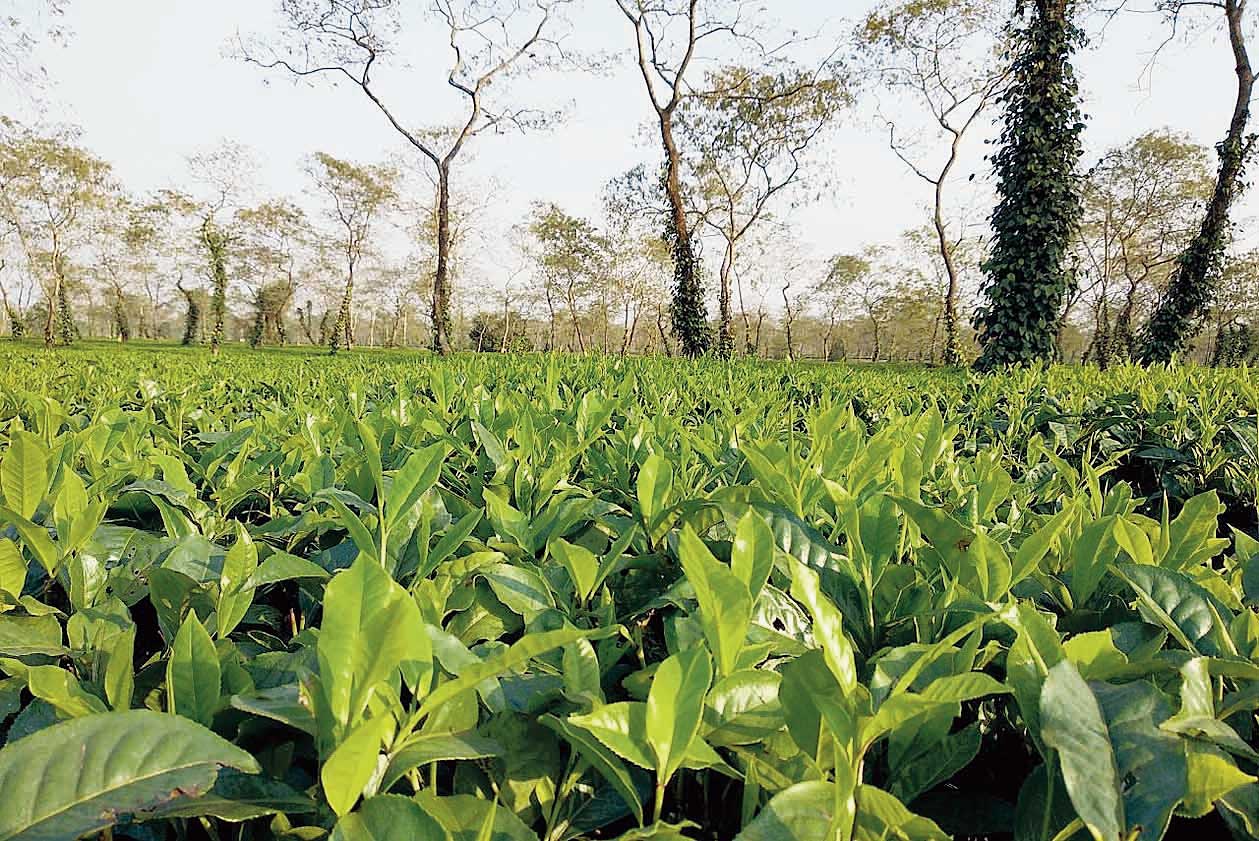The Darjeeling Tea Association, the largest organisation of planters in the region, is apprehending exports to dip by 50 per cent because of the Covid-19 pandemic and has appealed to the Centre for an air freight subsidy.
The Darjeeling Tea industry comprises of 87 gardens and produces around 8 million kilos of made-tea annually. The industry employs nearly 70,000 workers.
Binod Kumar Mohan, the Darjeeling Tea Association (DTA) chairman, has said in a letter to the Tea Board of India that the Darjeeling Tea industry had already been going through a crisis because of the unprecedented 104-day closure during the 2017 statehood agitation. He pointed out that unlike in other tea-producing areas, the Darjeeling Tea industry was export-oriented.
“Different from other parts of the industry, the Darjeeling Tea industry is an export-dependant industry with 70 per cent of the annual revenue earned from the export of 95 per cent of the first and second flush teas,” Mohan wrote.
The DTA has pointed out in the letter that because of the 20-day suspension of work during the pandemic-related lockdown, “the loss of production and revenue of the Darjeeling Tea industry is estimated to be 1.5 million kg and Rs 200 crore, respectively, in this current season.”
The first and second flushes command the highest prices.
The industry is worried that major Darjeeling Tea-importing countries such as Germany, Japan, the US and the UK have been badly affected by the Covid-19 crisis.
“Germany, which is the largest importer of Darjeeling Tea, has declared a recession. The estimated loss of exports of Darjeeling Tea is expected to be 50 per cent in the current season,” Mohan has written.
The industry has listed a slew of interventions needed from the Tea Board of India, the commerce and industries ministry and financial institutions.
Among the demands are a 50 per cent subsidy on air freight for Darjeeling Tea exports and the “immediate release of a one-time revival package for the industry for the setback of the unprecedented closure (of 104 days) in 2017”.
“The credit ratings of the Darjeeling Tea industry have already been downgraded by the banks and financial institutions since 2017. All the financial accommodations have either been withdrawn or substantially decreased, making the industry cash-strapped,” Mohan wrote in the letter.
The industry also wants other subsidies, extension of the validity of all licences and certificates by six months, restrictions on the import of Nepal tea, a moratorium on the payment of principal and interest for six months and restructuring of term loans.
50 per cent plea
During a videoconference with chief minister Mamata Banerjee on Friday, Trinamul leaders from Jalpaiguri and Alipurduar districts requested that 50 per cent of the workforce be allowed to work in the tea gardens at a time. The state government has set a ceiling of 25 per cent, although the Centre had approved a limit of 50 per cent.
“She listened to us and assured us that she would look into the issue,” said K.K. Kalyani, the Jalpaiguri Trinamul chief.











